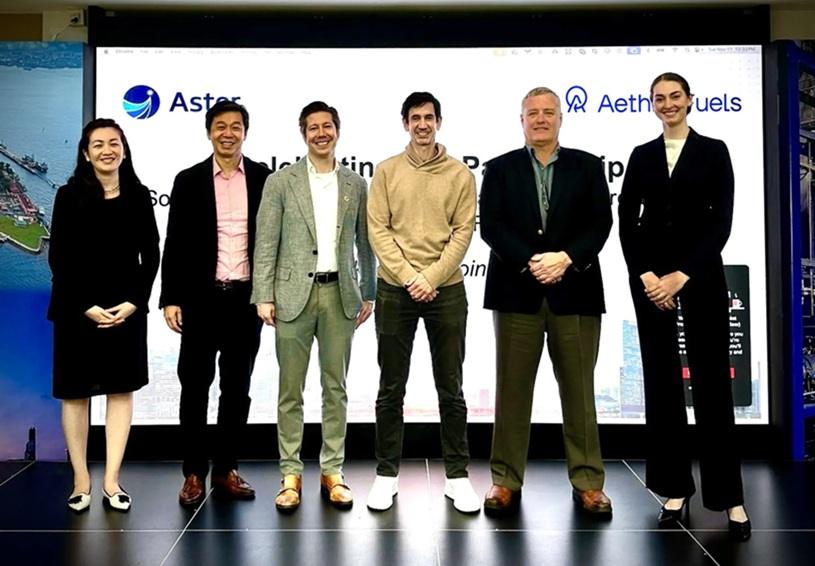The Asian Development Bank (ADB) is on the verge of finalizing its draft energy policy, facing significant backlash from civil society organizations that claim they were excluded from meaningful consultations. Critics argue that the ADB's approach has been hasty, potentially undermining the policy's effectiveness in addressing urgent energy challenges. The multilateral institution contends that it has engaged with non-governmental organizations multiple times to discuss amendments related to investments in critical minerals and strategies for reducing methane emissions. However, the perceived lack of inclusive dialogue raises concerns about the legitimacy and comprehensiveness of the policy development process.
The ADB's commitment to addressing energy issues through its draft policy could have far-reaching implications for sustainable development in the region. To enhance its credibility and effectiveness, the ADB must ensure that stakeholder engagement is robust and transparent, incorporating diverse perspectives, especially from those directly impacted by energy initiatives. By fostering a collaborative environment, the ADB can better align its policies with the pressing needs of communities and the global imperative to transition to cleaner energy sources, ultimately strengthening its role as a leader in sustainable development.









